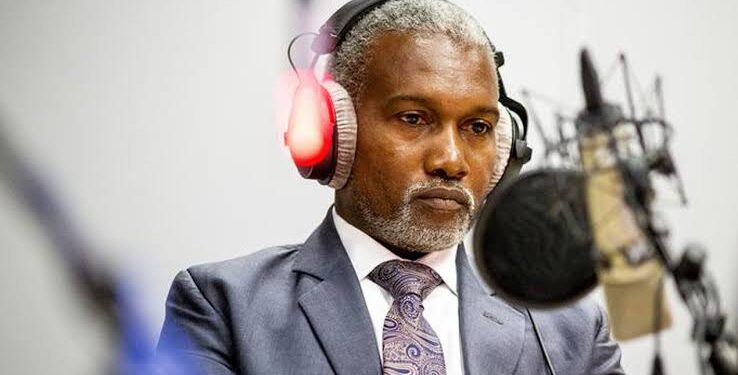Libyan authorities have begun widespread arrests of Nigerian nationals after the Confederation of African Football (CAF) sanctioned Libya over the alleged mistreatment of Nigeria’s Super Eagles football team. The Nigerian community in Libya reports a wave of detentions, with fines and demands for legal documentation intensifying since CAF’s ruling.
The CAF decision stemmed from Nigeria’s complaint about the Super Eagles’ detention at Al-Abraq Airport, where they were held for 20 hours before their Africa Cup of Nations qualifying match. This incident led the Nigeria Football Federation (NFF) to withdraw the team, prompting CAF to rule in Nigeria’s favor, awarding them three points and fining the Libyan Football Federation (LFF) $50,000.
Libya’s response has included crackdowns on Nigerians within the country. Libyan news outlets and social media posts have escalated the anti-Nigerian sentiment, with outlets like Libya News Today 1 and Libya INF.TV calling for Nigerians working without documentation to be fined or deported. Videos of arrests and comments from community leaders indicate that Libyan authorities are detaining Nigerians indiscriminately, ignoring their legal status or residency permits.
Peter Omoregbie, President of the Nigerian community in Libya, confirmed ongoing arrests, noting that Libyan authorities began detaining Nigerians shortly after the CAF verdict. Omoregbie expressed frustration, noting that the retaliation is aimed broadly at the Nigerian community, despite many having valid papers.
Meanwhile, Ahmed Hamza, Chairman of Libya’s National Institution for Human Rights, cautioned against these retaliatory arrests, warning that they could prompt repercussions under domestic and international law. Hamza emphasized that scapegoating Nigerian migrants for a football-related decision would lead to further harm and advised restraint from security forces.
As the detentions continue, the Nigerian government has yet to receive responses from Libyan officials. The Ministry of Foreign Affairs stated that it is monitoring the situation closely. Former Nigerian ambassador Ogbole Amedu-Ode advised the Federal Government to collect evidence and raise the matter at the African Union, stressing the importance of protecting Nigerian citizens abroad.
For now, Nigerians in Libya are urged to maintain a low profile and, if possible, avoid public areas until tensions ease.
























